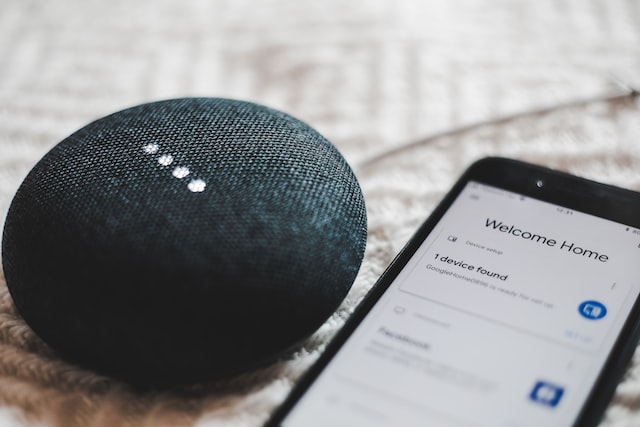Artificial intelligence (AI) is rapidly transforming the world we live in, including the way we live our daily lives. With the increasing popularity of smart homes, AI-powered technology is becoming an integral part of our daily routines. Smart homes are automated homes that use various technologies, including AI, to control and monitor devices and systems. In this article, we will explore the role of AI in smart homes, its advantages and potential challenges, and the future of AI-powered smart homes.
The role of AI in smart homes
A. AI-powered virtual assistants
Virtual assistants are AI-powered programs that can perform various tasks, including controlling home devices, scheduling appointments, and answering questions.
Examples of popular virtual assistants include Amazon’s Alexa, Google Assistant, and Apple’s Siri. These virtual assistants can make homes smarter by providing voice-activated control over various devices, including thermostats, lights, and smart locks.
They can also integrate with other smart home devices and systems, such as home security and entertainment systems, to provide a seamless home automation experience.
B. AI-powered home security systems
AI-powered home security systems use advanced algorithms to analyze data from various sensors and cameras to detect potential security threats. These systems can detect unusual activity, such as a break-in or a fire, and alert homeowners or authorities in real-time.
They can also provide access control and remote monitoring capabilities, enabling homeowners to monitor their homes from anywhere.
Examples of AI-powered security systems include Nest Secure, SimpliSafe, and Ring Alarm. These systems use machine learning algorithms to detect patterns and learn from user behavior to improve their accuracy over time.

Advantages of AI-powered smart homes
A. Convenience and comfort
One of the main advantages of AI-powered smart homes is the convenience and comfort they provide. With automated control of home devices, homeowners can save time and effort while ensuring that their homes are comfortable and energy-efficient.
For example, smart thermostats can learn homeowners’ habits and preferences and adjust the temperature accordingly, reducing energy consumption while ensuring comfort.
B. Enhanced security
Another significant advantage of AI-powered smart homes is enhanced security.
Real-time monitoring and alerts can help prevent burglaries and other security threats, while access control and remote monitoring capabilities provide peace of mind to homeowners, even when they are away from home.
Potential challenges of AI-powered smart homes
A. Security and privacy concerns
Despite the advantages of AI-powered smart homes, there are potential security and privacy concerns associated with these systems.
Risks of data breaches and hacking can compromise the privacy and security of homeowners’ data. Additionally, the lack of regulation around these technologies can make it difficult to ensure that they are secure and protect users’ privacy.
B. Integration and compatibility issues
Another potential challenge of AI-powered smart homes is integration and compatibility issues.
With the complexity of integrating different devices and systems, homeowners may face potential technical issues. For example, some devices may not work together, or updates may cause compatibility issues, leading to malfunctioning systems.
Future of AI-powered smart homes
The future of AI-powered smart homes is bright, with advancements in AI and automation technologies, leading to more efficient and convenient systems.
The integration of AI with Internet of Things (IoT) devices will further enhance the capabilities of smart homes.
However, it is crucial to address the potential challenges associated with these technologies, such as security and privacy concerns, to ensure that they continue to provide value to homeowners.


